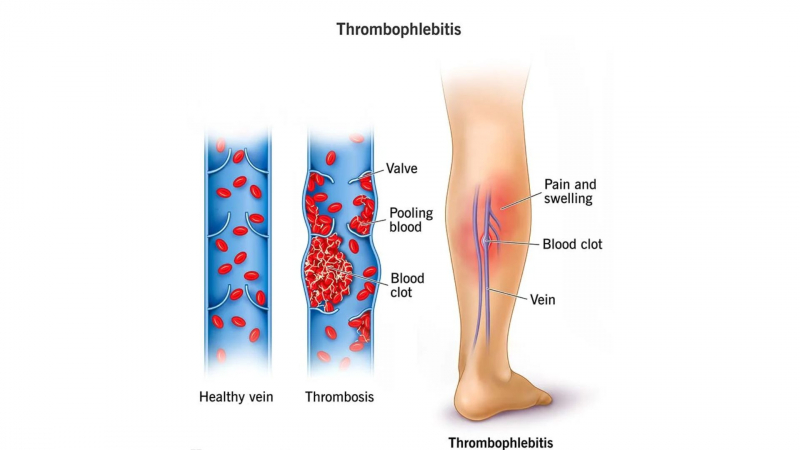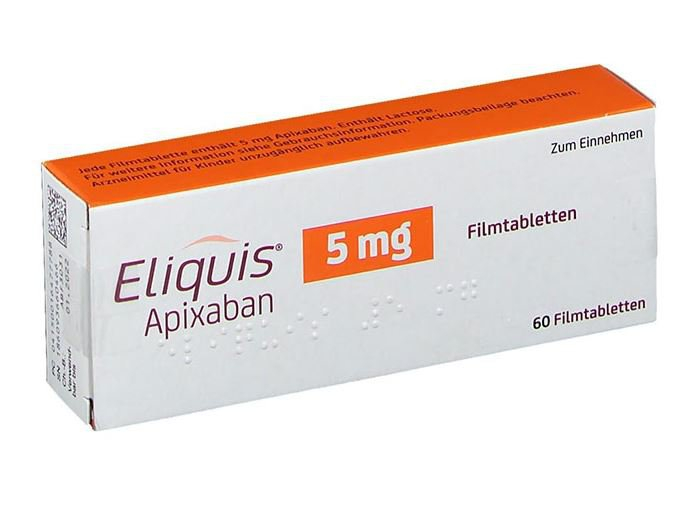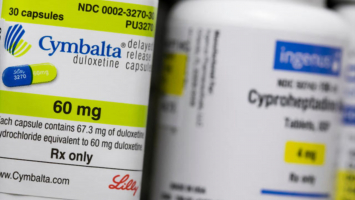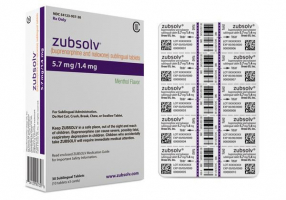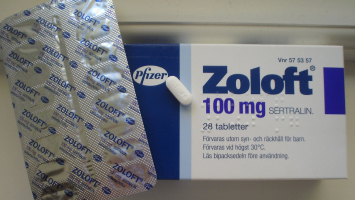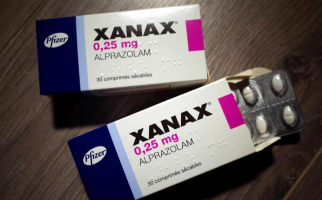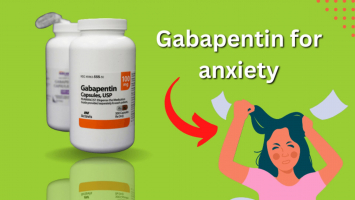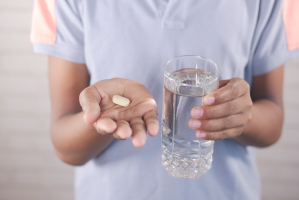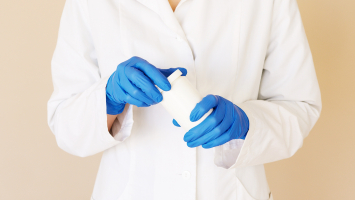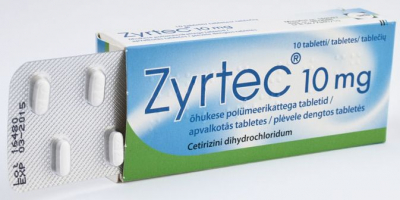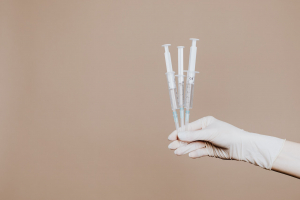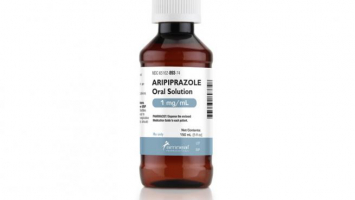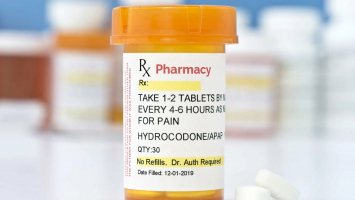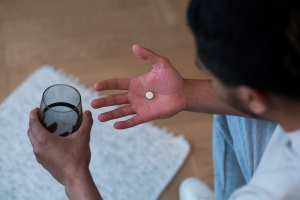Top 7 Things to Know About Eliquis
Eliquis (generic name: Apixaban) is an anticoagulant medicine that works by blocking certain proteins that cause blood to clot. Eliquis 2.5 mg tablets are ... read more...usually yellow, round, double-sided imprinted with the symbols "893" and "2 1/2".
-
Eliquis is a brand (trade) name for apixaban, a medication used to lower the risk of blood clots.
Eliquis (apixaban) works by inhibiting (blocking) the effects of factor Xa (FXa), an enzyme involved in the formation of substances that cause blood clotting. Apixaban reduces the likelihood of blood clots by inhibiting FXa.
Eliquis belongs to the factor Xa inhibitor class of drugs. Eliquis is also known as an anticoagulant.
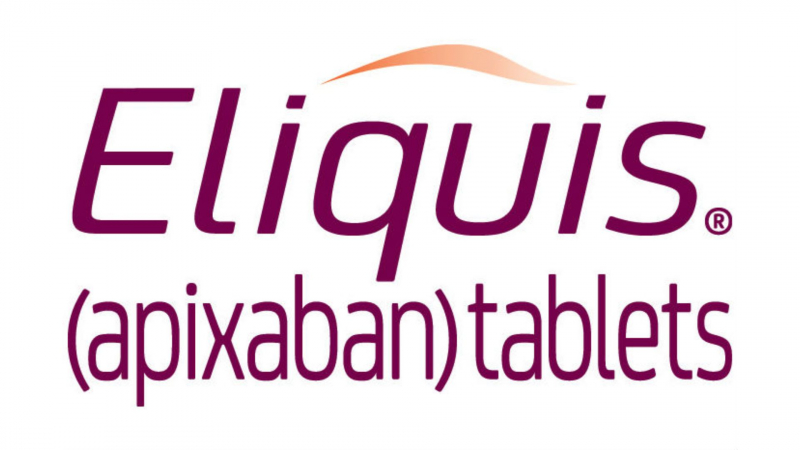
The Pharma Letter egpat -
In people with nonvalvular atrial fibrillation (AF), it is used to reduce the risk of stroke and blood clot formation.
Also used to reduce the risk of deep vein thrombosis (DVT) (blood clots in the deep veins) after hip or knee replacement surgery.
Eliquis is also used to treat DVT and pulmonary embolism (PE) (where blood clots lodge in the lungs), as well as to reduce the risk of recurrent DVT and PE.
Regular blood tests are not required.
In 2018, andexanet alfa, an antidote, was approved. The actual risk of major bleeding, however, is low.
Dosing is easy to understand. Most people should take 5mg twice daily as directed. For those who possess at least two of these: If you are at least 80 years old, 60 kg or less, and have serum creatinine levels that are at least 1.5 mg/dL, you should take 2.5 mg twice daily.
The dosage is 2.5 mg twice daily beginning 12 to 24 hours after surgery when used to stop DVTs from occurring after hip or knee replacement surgery.
For those who are unable to swallow tablets whole, a suspension can be produced from the pills. Depending on the dosage, crush one tablet that is 2.5 mg or 5 mg, suspend it in water, apple juice, 5% dextrose in water, or a mixture of the two, and then give it to the patient within four hours.
Less likely than warfarin to interact with other drugs or foods; however, it does interact with some medicines.
Available as a generic under the name apixaban.
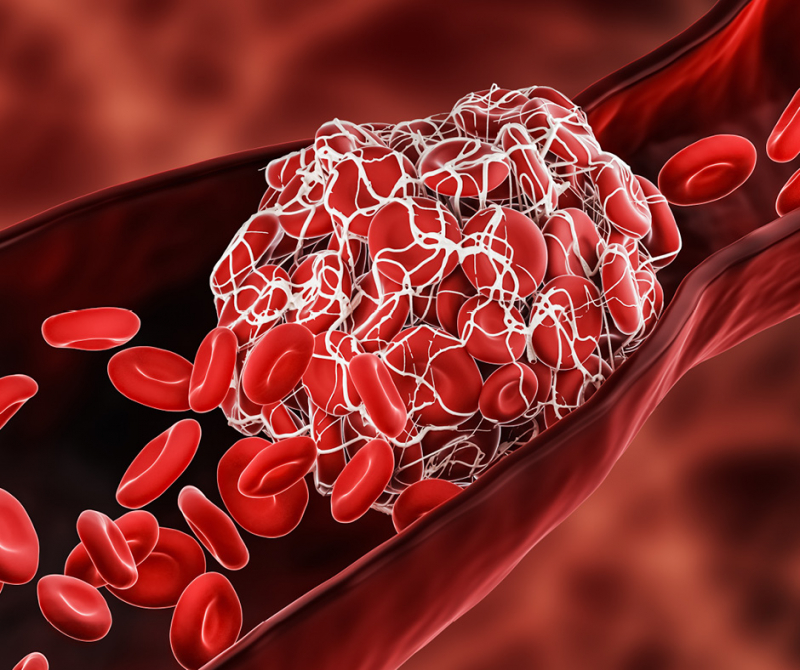
Summa Health 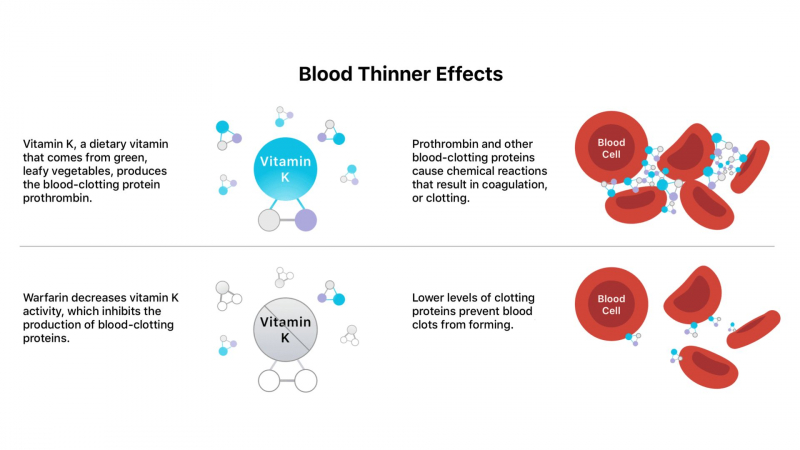
Drugwatch -
You are more likely to have the following side effects if you are between the ages of 18 and 60, do not take any other medications, or have any other medical conditions:
- The most common side effects are minor bleeding, nausea, anemia, and hemorrhage. Constipation, vomiting, diarrhea, or abdominal pain are all possible gastrointestinal side effects.
- If you have severe or uncontrollable bleeding, pink or brown urine, red or black tar-like stools, coughing or vomiting up blood, or blood clots (may look like coffee grounds), dial 911. Seek immediate medical attention if you have any symptoms of a stroke (such as sudden dizziness, headache, or loss of vision; difficulty speaking or slurring your words; or one-sided facial drooping) or signs of a blood clot (sudden, severe shortness of breath; pain, heat or swelling in a limb).
- If Eliquis needs to be stopped for any reason other than substantial bleeding or finishing the course of therapy, think about switching to another anticoagulant because early withdrawal has been linked to thrombotic events (the formation of a blood clot within a blood vessel).
- Eliquis users who are undergoing spinal puncture or epidural or spinal anesthesia have a higher chance of developing spinal or epidural hematomas, which can lead to long-term or permanent paralysis. The risk is higher in people who use other blood-thinning medications (such NSAIDs or aspirin), have had traumatic or recurrent spinal procedures, have had spinal deformities, or have had previous spinal surgery.
- Some people, including those with artificial heart valves or active bleeding, may not be able to use it.
Because there is no commercial blood test available to check the actual effect Eliquis has on each individual taking it, it may be difficult to confirm if the "one dosage fits all" regimen suits everyone. - Other drugs that may interact with it include ketoconazole, carbamazepine, phenytoin, rifampin, and St John's Wort.
Guidelines advise against using Eliquis in people who are obese (BMI >40kg/m2 or weight of 120kg or more) due to a lack of research on the drug's use in this population. - The effects of Eliquis on women who are pregnant or nursing are not well understood. Before deciding, balance the rewards and hazards. The risk of bleeding in the fetus and newborn is increased by the use of anticoagulants like Eliquis.
In general, those who are older or younger, have specific medical conditions (including liver or kidney issues, heart disease, diabetes, or seizure disorders), use other medications, or are seniors or young children are more likely to experience a greater range of adverse effects.
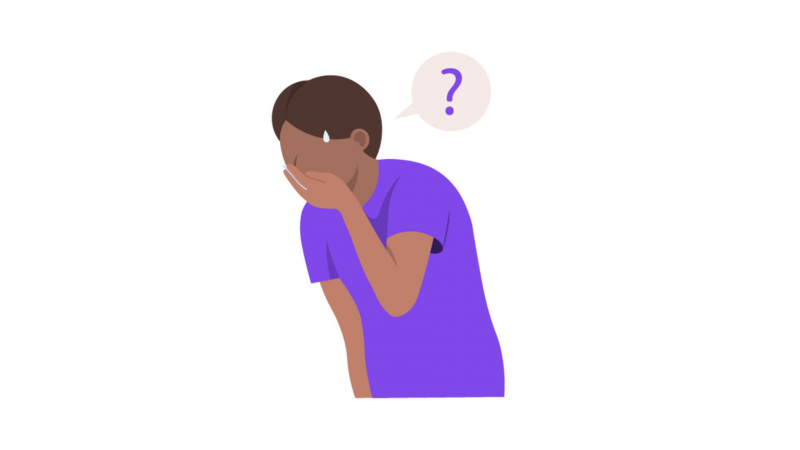
Buoy Health 
Cleveland Clinic -
It is safe to take with or without food.
To make swallowing easier, crush the tablets and mix them with water or apple juice/sauce. Do not save the mixture for later use; instead, consume it right away.
Eliquis is typically taken twice daily. Consult your doctor to determine the appropriate dosage for you.
Inform all of your healthcare providers that you are taking Eliquis. Eliquis should be temporarily stopped at least 48 hours before surgery if there is a moderate-to-high risk of unacceptable or clinically significant bleeding; and 24 hours before surgery if there is a low risk of bleeding or if bleeding is likely to be non-critical. Bridging therapy is usually unnecessary, and Eliquis should be restarted once the risk of post-surgery bleeding has returned to normal.
Eliquis may also make you more likely to bleed after a mild fall or head knock. If you suffer an injury or bleeding that won't stop, consult a doctor.
You might need to undergo further monitoring when transitioning to or off Eliquis, according to your doctor.
Avoid stopping Eliquis abruptly. When you no longer need Eliquis, your doctor will give you advice on how to stop taking it.
If you are pregnant or plan to become pregnant, let your doctor know right away since Eliquis might not be a good choice for you.
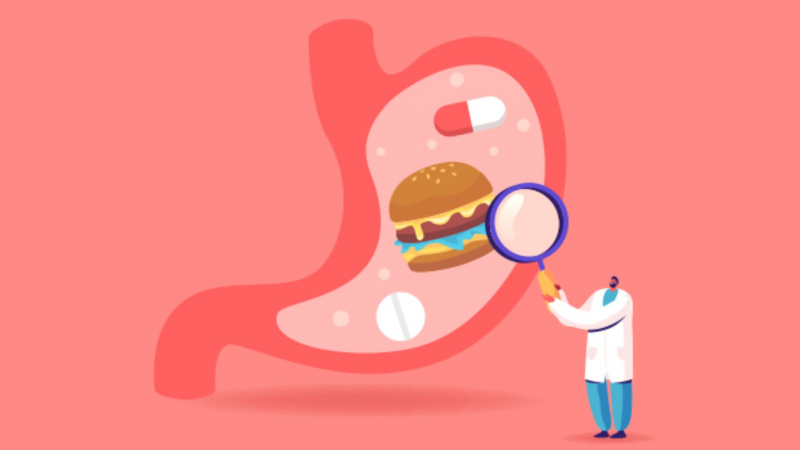
BuzzRx 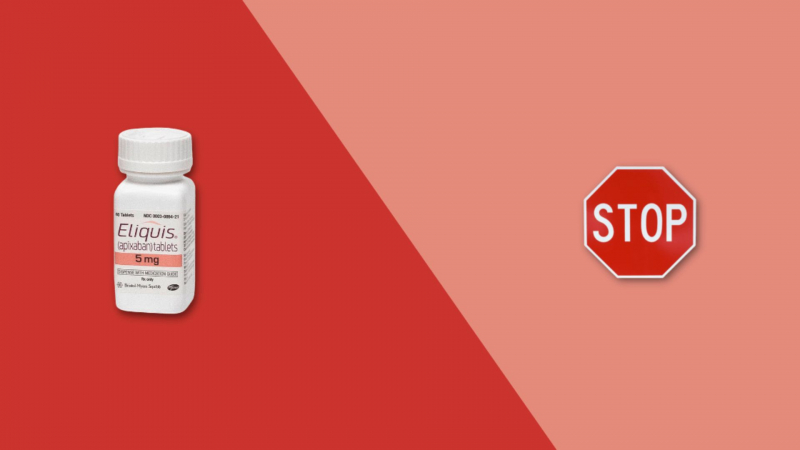
Avoid stopping Eliquis abruptly - NiceRx -
Eliquis reaches its peak levels 3 to 4 hours after an oral dose. Food or smashing the tablets has little effect on absorption, although bigger dosages result in slower absorption rates.
A single dose of Eliquis has an effect on blood coagulation factors within a few hours. Within 24 hours of stopping Eliquis, its impact on clotting starts to fade.
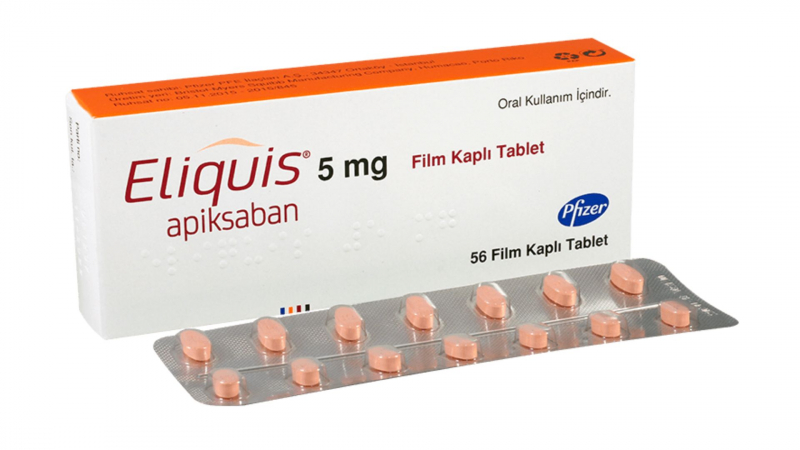
Israel Pharmacy 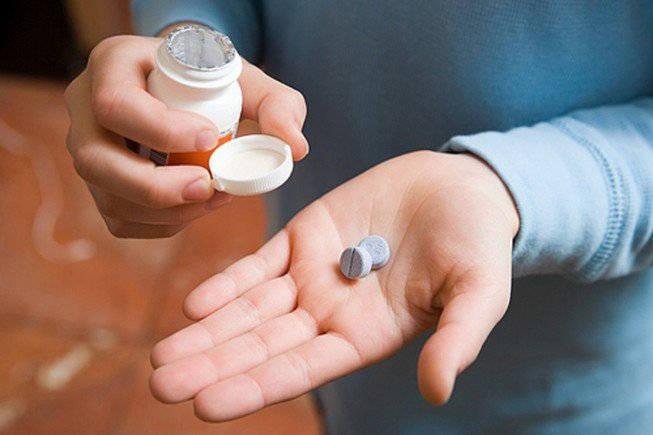
Vinmec -
When taken with Eliquis, medications that interact with it may reduce its effect, shorten its duration of action, increase side effects, or have no effect. An interaction between two medications does not always necessitate the discontinuation of one of them; however, it can. Consult your doctor about how to handle drug interactions.
Eliquis may interact with the following medications:
- amiodarone
- antibiotics, such as erythromycin,
- anticonvulsants such as carbamazepine, phenobarbital, phenytoin or valproic acid
- antimicrobial agents, such as ciprofloxacin, clarithromycin, erythromycin, metronidazole
- antivirals, such as boceprevir, or delavirdine
- aspirin
- cancer medications, such as zanubrutinib
- cyclosporine
- dabigatran
- dextran
- echinacea
- garlic
- ginseng
- heparin
- HIV medications such as saquinavir
- medications that inhibit or induce CYP3A4 enzymes, such as fluconazole, ketoconazole, or ritonavir
- methotrexate
- mifepristone
- NSAIDs, such as ibuprofen, celecoxib, diclofenac, etodolac, and naproxen
- rifampin
- St John's Wort
- tinzaparin
- warfarin.
Abciximab, clopidogrel, SSRI antidepressants [eg, citalopram, duloxetine, fluoxetine, venlafaxine], and fish oils, in general, may interact with Eliquis.
With Eliquis, alcohol may increase the risk of stomach bleeding.
It should be noted that this list is not exhaustive and only includes common medications that may interact with Eliquis. For a complete list of Eliquis interactions, consult the prescribing information.
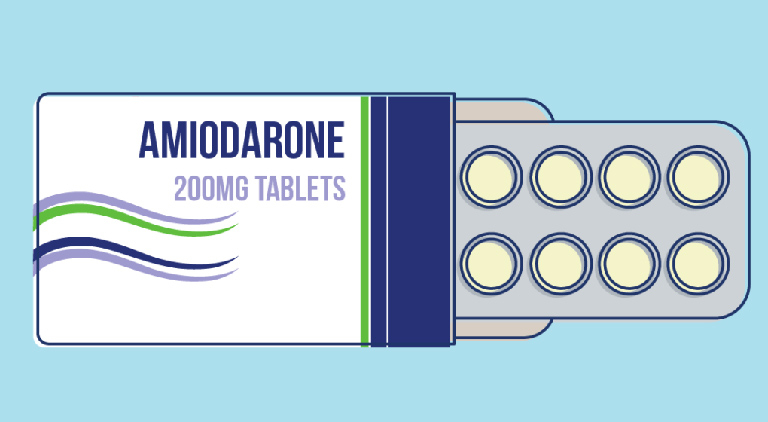
thuocdantoc.vn 
Healthline








